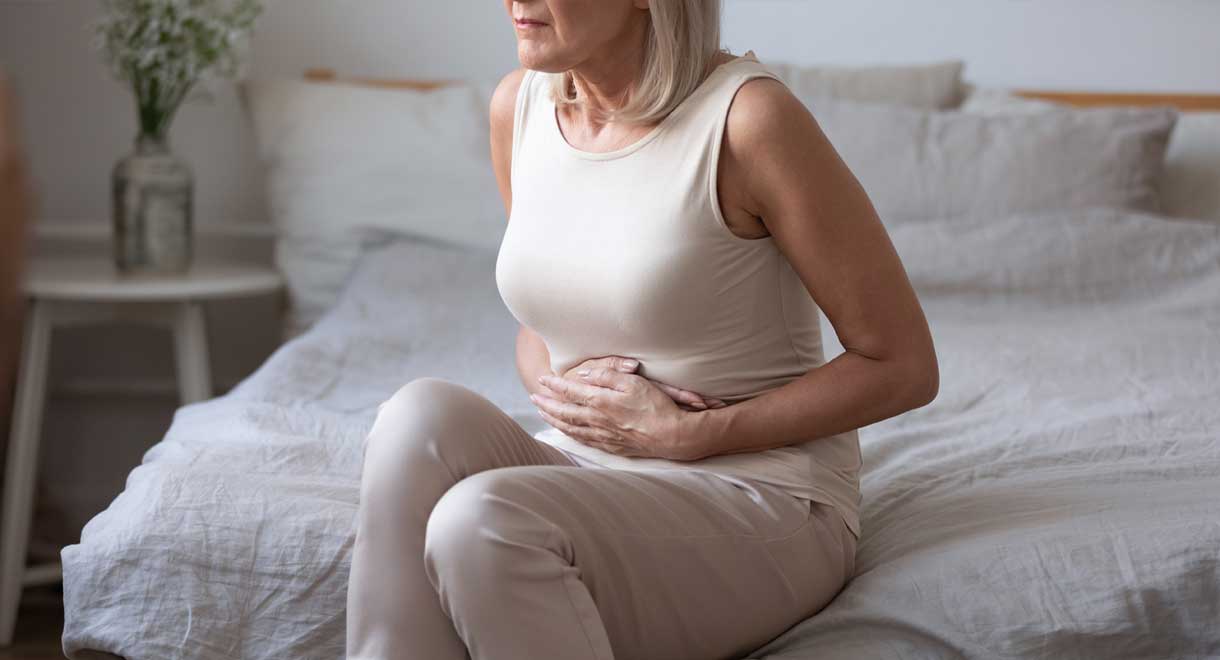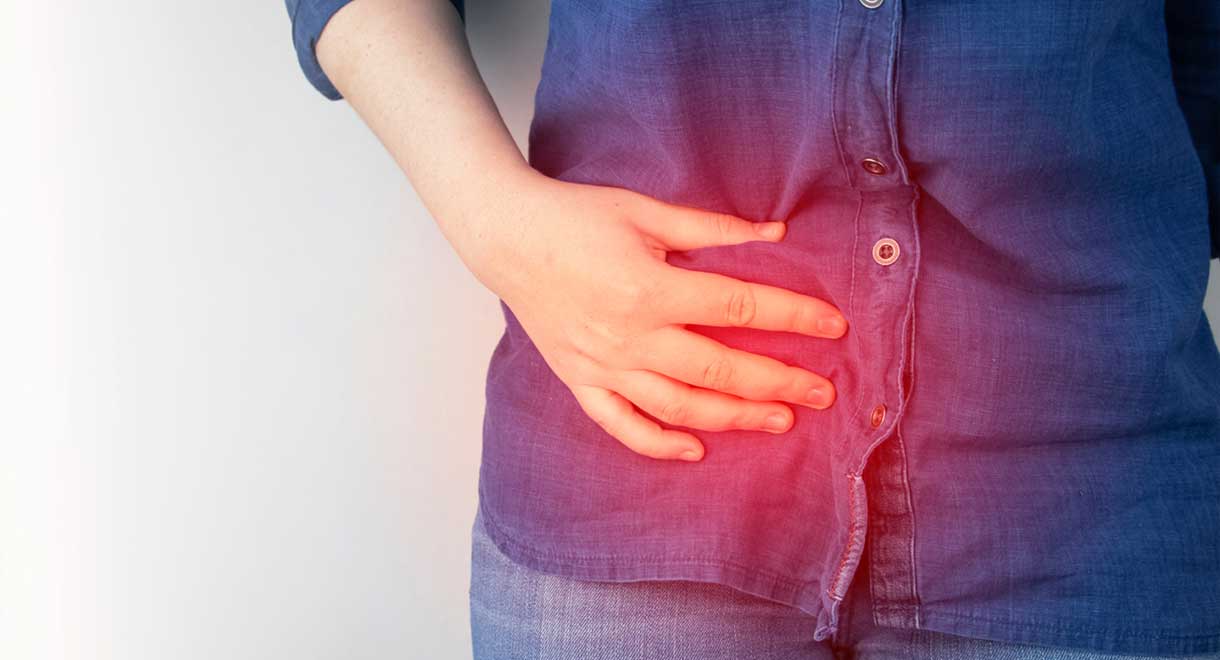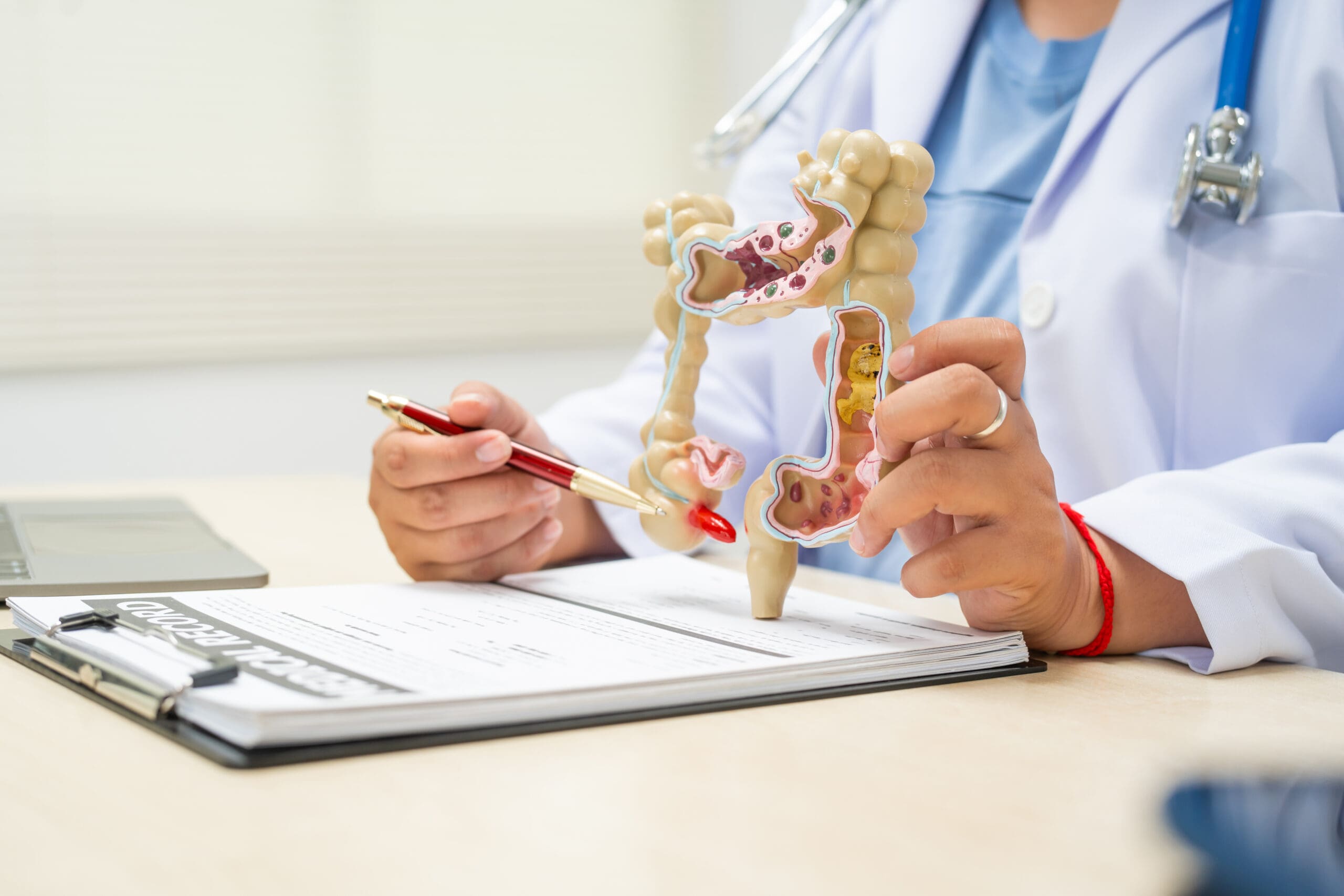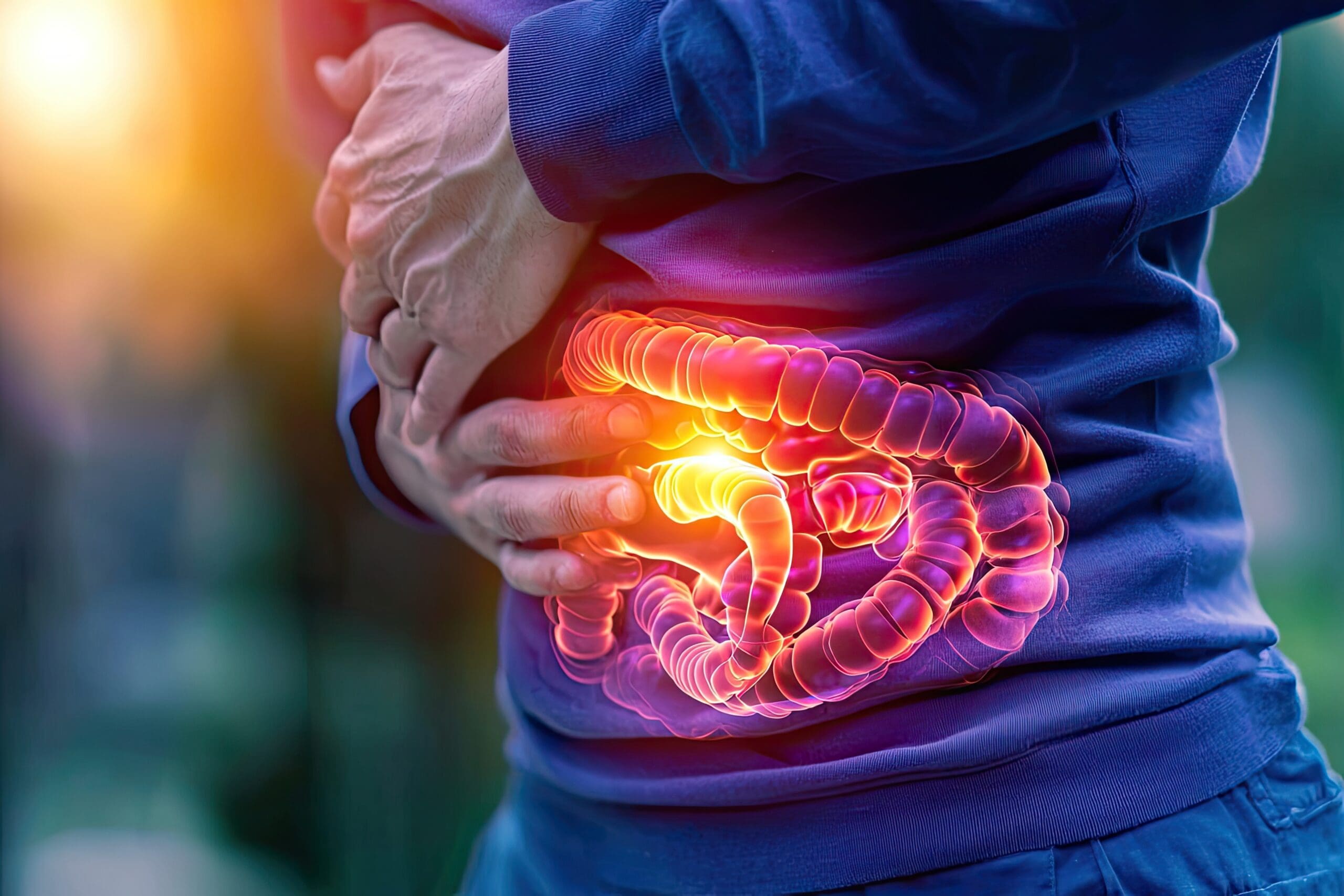What not to eat if you have inflammatory bowel disease
By naturopath Margaret Jasinska
Inflammatory bowel disease occurs when parts of the digestive tract become damaged by prolonged inflammation. The two most common types are Crohn’s disease and ulcerative colitis. They are autoimmune diseases that can vary in severity. These conditions have the potential to become serious chronic illnesses. Australia has one of the highest rates of inflammatory bowel disease in the world, with almost 85,000 Australians affected. Most people are diagnosed as young adults.
- Ulcerative colitis occurs when inflammation is limited to the surface layers of the large intestine (colon).
- Crohn’s disease can occur anywhere in the digestive tract from the mouth to the anus. Inflammation occurs in the entire thickness of the intestinal wall.
Some people are diagnosed with indeterminate colitis, which means their condition cannot be distinguished between ulcerative colitis and Crohn’s disease.

Symptoms of inflammatory bowel disease
The following are possible:
- Diarrhoea, which may include blood or mucous
- Abdominal pain
- Fatigue
- Loss of appetite
- Weight loss
- Fever
Symptoms may come and go as the conditions can flare up unpredictably. Sometimes symptoms are severe enough to require a hospital visit.
Damage to the intestinal wall can lead to ulceration and bleeding. People with Crohn’s disease are at risk of the following:
- Narrowing (strictures) of the bowel
- Breaks (perforation) of the bowel
- Tunnels between sections of the bowel or other organs (fistulae)
It is quite common to experience inflammation in other organs including the eyes, skin, liver and joints. People with inflammatory bowel disease are at increased risk of bowel cancer.
Recent research has shown that a low FODMAP diet may offer significant relief of symptoms of inflammatory bowel disease. FODMAPs are a group of carbohydrates that are poorly absorbed by many people. FODMAP stands for Fermentable Oligosaccharides, Disaccharides, Monosaccharides and Polyols. Some people have a very low tolerance to these foods, and eating them causes a great deal of bloating and discomfort. FODMAPs tend to have a cumulative effect, so that people typically find they become more and more uncomfortable as the day progresses. That’s why bloating and indigestion tend to usually be worst in the evening.
If you want to try a low FODMAP diet, you may notice an improvement in bowel symptoms within a few days. Many commonly eaten foods are high in FODMAPs, including apples, pears, onion, garlic, cauliflower, asparagus and snow peas. Legumes and lentils are especially high in FODMAPs, so it’s no wonder that many people with digestive problems find they cause a great deal of gas and people with inflammatory bowel disease may experience a flare up. Three observational studies and one randomised controlled trial have shown that a low FODMAP diet may improve gastrointestinal symptoms, including abdominal pain, bloating, diarrhoea, flatulence, stool consistency and stool frequency. These were small studies, and more research is needed in this area.
Inflammatory bowel disease is a common reason people visit our clinic. Dr Cabot and I have written about the diet and supplement strategies we use in our book about autoimmune disease. FODMAPs are prebiotics. They encourage the growth of intestinal bacteria. People with inflammatory bowel disease usually have an overgrowth of the wrong gut bugs. Eating a lot of FODMAPs can make the overgrowth worse. This can make a person more symptomatic and it can lead to worse damage to the intestinal tract.
As well as a low FODMAP diet, healing leaky gut is essential. People with inflammatory bowel disease almost always have several food sensitivities. They typically react badly to dairy products and gluten. For some people eggs, soy, corn, nuts, nightshade vegetables and citrus fruits can be problematic.
The nutrients in Gut Health powder help to soothe the lining of the gut. They can help to provide symptomatic relief for gut discomfort. If you experience any of the symptoms mentioned in this article, please see your doctor for an assessment and diagnosis.
BactoClear capsules may help provide relief from abdominal bloating and indigestion.









Leave A Comment